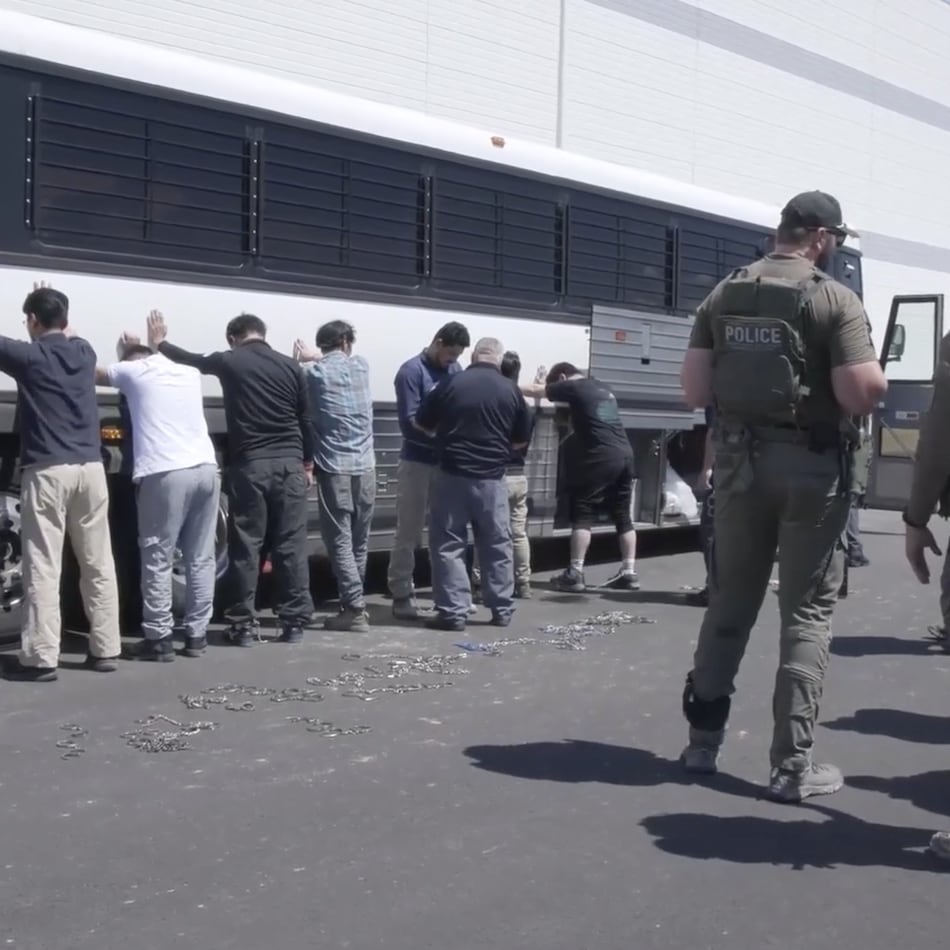Metro Atlanta lenders are repossessing more homes but re-selling fewer of them this year, a trend that experts say could hold down prices and prolong the region's housing slump.
In the first six months of this year, banks and mortgage servicers completed foreclosures on 13,077 homes in Cherokee, Clayton, Cobb, DeKalb, Forsyth, Fulton and Gwinnett counties, according to RealtyTrac, a real estate data company that tracks foreclosure activity. That was up 29 percent from the same period in 2009.
On the sales side, 9,082 bank-owned homes sold in the first six months of the year, 47 percent fewer than a year earlier, the data shows. Foreclosure sales represented 23 percent of all homes sold in the seven-county area during the first six months of the year, RealtyTrac said.
The trend contributes to the growth of what Emory University professor Jim Grissett, who specializes in real estate, calls a "shadow inventory" of distressed homes. It includes homes on which mortgages are delinquent but the lender hasn't foreclosed, along with those that have been repossessed but not yet resold.
“If banks continue to take back homes at this pace, and sales don’t pick up, we could find ourselves in a very bad situation,” Grissett said.
The distressed inventory means bigger challenges for homesellers like Debbie Lawrence, of Lawrenceville. She's already seen the effects of tighter lending standards that make it hard for potential buyers to qualify for a mortgage.
“I’ve had a really hard time trying to find a qualified buyer in this economy,” Lawrence said. “The banks just aren’t lending money like they used to, so that makes it really hard for people like me who are trying to sell a home.”
Having dozens of bank-owned properties of similar size in her area doesn't help, she added.
“The other homes may be beat up on the inside, but it all comes down to what the buyer wants” she said. “And sometimes it is the lower price that wins.”
Lawrence’s three bedroom, two bathroom single-family home is currently listed for $159,900. She’s reduced the price $20,000 since she put the home on the market 18 months ago.
“When I realized what the foreclosures were selling for I quickly reduced my price,” she said. “But the foreclosure prices brought everything down.”
According to Zillow.com, many homes in the same Zip code, and about the same size as Lawrence's, have sold for around $125,000 or less.
Several banks and lenders with a presence in metro Atlanta declined to comment on how foreclosed properties are priced and how quickly homes are put on the market once the foreclosure process is completed.
Cobb County led the area in the growth in foreclosures, with the number rising 53 percent in the first six months of 2010, according to RealtyTrac. It was followed by Forsyth with a 42 percent gain; DeKalb at 33 percent; Gwinnett at 31 percent; Cherokee at 28 percent and Fulton at 27 percent. Clayton was the only county where completed foreclosures fell, by 3 percent.
Sales of bank-owned homes fell in all seven counties. Clayton led the group with a 58 percent decline, followed by 51 percent in DeKalb and Fulton, 41 percent in Cobb and Gwinnett, 28 percent in Cherokee and 20 percent in Forsyth.
Unstable pricing is another consequence of bank-owned properties, said Lauren Holmes, managing broker for the Roswell office of Crye-Leike Realtors.
“Last year the volume of foreclosures was new to banks and they were giving away homes,” she said. “They’ve gotten their acts together now and are pricing homes where they should be.”
The average sale price for foreclosures across metro Atlanta in the first six months of 2010 was $124,325, up from $123,909 a year earlier, according to RealtyTrac.
Many in the industry expected the number of completed foreclosures to rise in 2010, said Guy Cecala, publisher of Inside Mortgage Finance, a Bethesda, Md.-based publication that tracks the mortgage market. Last year banks were under pressure to use government anti-foreclosure programs , Cecala said, so banks held back going into 2010.
“Now banks and lenders can say to the government or anyone who was watching, ‘Look we did all we could,’ and go ahead with the foreclosure.”
Mike Costigan, chief executive and broker-in-charge for Velocity Asset Brokers, said the wave hasn't crested yet.
“I think we are going to see more of an inventory challenge in the future,” he said. “A lot of the big banks I deal with are expecting to see two to three times the inventory we already have out there.”
That worries sellers like Veronica Scott, who has been trying to sell her Roswell home for six months. She listed her 6-bedroom, 3.5 bathroom home for $329,500, and hopes she can get at least that much.
“I’m not willing to give my house away and sell it for just any price,” she said. “I know I’m competing against other homes in our subdivision and some of them are foreclosures.”
Scott said homes similar to hers have sold for less than $300,000.
“I have gotten some inquiries, but many people are looking for owner financing or a lease purchase,” she said. “That’s not an option because I’ve got to buy a new home once I sell this one.”
Cecala said banks should reexamine their foreclosure practices as long as homes are not selling very fast.
“Once a bank forecloses and takes ownership of a property, it is required to maintain that property,” he said. “That could end up being a few hundred dollars a month, per property, so then it becomes an even more expensive situation for the bank. That’s why if lenders and servicers know they won’t be able to turn a house around, it makes sense to slow down on the foreclosure.”
He said the market will not be able to absorb much more, especially if the current trend continues.
“That’s why you’re going to have so many properties hanging around out there,” he said.
About the Author
Keep Reading
The Latest
Featured

